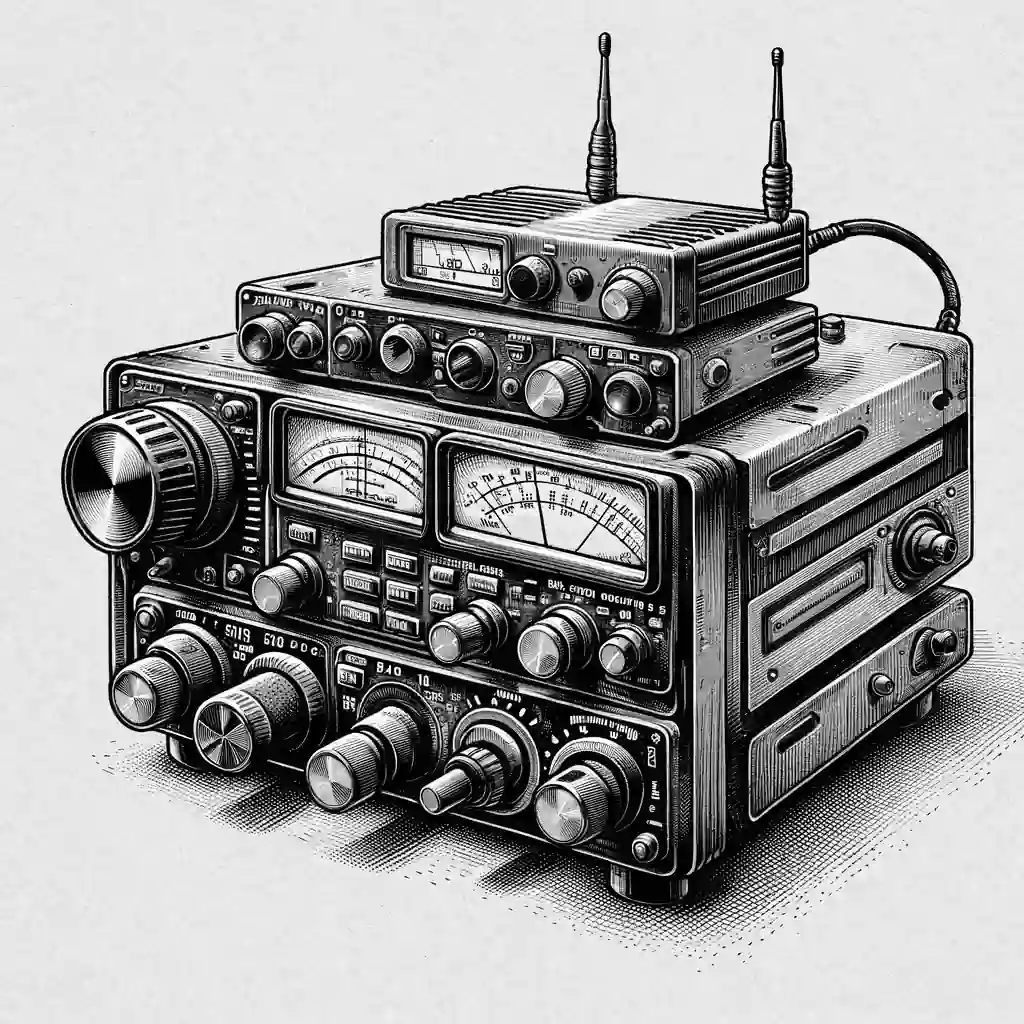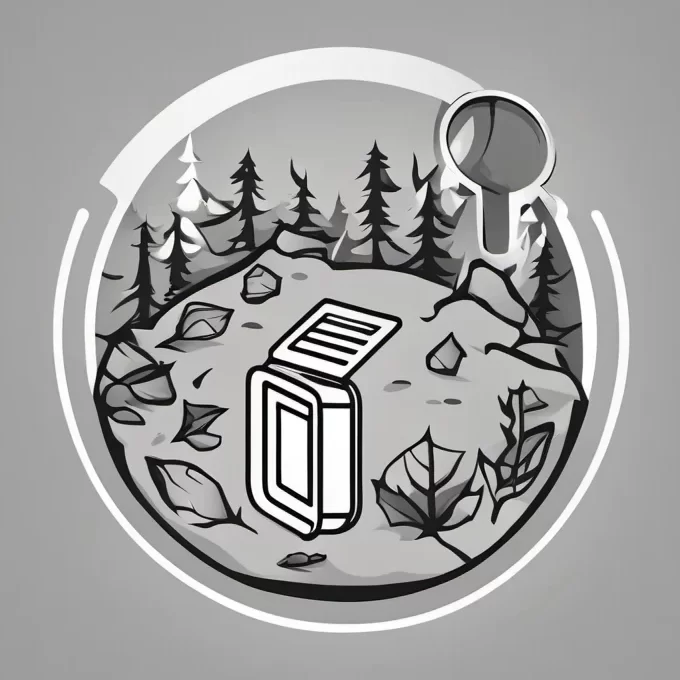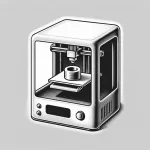Amateur radio, also known as ham radio, is a captivating and multifaceted hobby that allows individuals to explore the world of radio waves and establish connections with people across the globe. It’s a hobby that transcends age and background, drawing in enthusiasts with varied interests and backgrounds. If you’re intrigued by the idea of tinkering with electronics, mastering communication skills, and making worldwide friends, amateur radio could be your ideal pastime.
A Brief Overview and History
Amateur radio traces its roots back to the early 20th century when radio technology was in its infancy. Initially, it was a playground for experimenters and innovators who wanted to explore the potential of wireless communication. Over time, it evolved into a global community of radio operators, known as “hams,” who communicate for personal enjoyment, emergency response, and public service. The history of amateur radio is filled with remarkable stories of operators making crucial contributions during emergencies and natural disasters.
Amateur Radio Equipment and Materials
To embark on your journey into the world of amateur radio, you’ll need some fundamental equipment and materials:
- Transceiver: The transceiver is the heart of your amateur radio station, enabling you to both transmit and receive signals. It comes in various models and price ranges, catering to different preferences and budgets.
- Antenna: An antenna is an essential component for sending and receiving radio signals efficiently. There are various types of antennas, each with its unique characteristics and applications. Selecting the right antenna for your setup is crucial.
- License: In many countries, obtaining an amateur radio license is a prerequisite for legal operation. These licenses often require passing a test covering radio regulations, operating procedures, and technical knowledge. Check your local regulations to begin the licensing process.
- Knowledge and Study Material: To excel in amateur radio, you’ll need to study various aspects of radio technology, communication protocols, and operating procedures. There are plenty of online resources, books, and courses available to help you acquire the necessary knowledge.
Step-by-Step Guide
- Obtain a License: The first step in your amateur radio journey is to obtain the necessary license for your country. Licensing requirements vary, but they generally involve passing an examination. Many organizations offer study materials and practice exams to help you prepare.
- Set Up Your Station: Acquiring and setting up your station is an exciting phase. This includes choosing the right transceiver and antenna, connecting all the necessary components, and configuring your station for optimal performance. Safety and compliance with local regulations are paramount during this process.
- Learn the Basics: As a ham radio operator, you’ll need to understand basic radio communication protocols. This may include Morse code, voice procedures, and digital modes. There are numerous online tutorials and communities that can assist you in mastering these skills.
- Make Contacts: One of the most gratifying aspects of amateur radio is making contacts with fellow operators. Joining local clubs and participating in radio nets (organized gatherings on the airwaves) is a great way to start. With time, you’ll build a network of friends and contacts around the world.
Amateur Radio Resources
To deepen your knowledge and connect with the community, consider exploring these resources:
- HobbyFinder Community: Our very own community is an excellent place to interact with experienced hams, seek advice, and share your experiences with others. Join our vibrant community today!
- ARRL (American Radio Relay League): The ARRL is a premier organization for enthusiasts. They offer a wealth of information, publications, and resources to help you grow in the hobby.
- QRZ.com: QRZ is an online platform that connects ham radio operators worldwide. You can look up and contact other operators, access technical information, and participate in discussions.
Tips and Tricks for Amateur Radio
- Regular practice is key to improving your communication skills. Spend time on the airwaves, making contacts and honing your techniques.
- Experiment with different types of antennas to enhance your communication range and capabilities.
- Join local clubs and attend meetings, field days, and contests to meet like-minded individuals and learn from experienced operators.
- Stay informed about the latest developments in amateur radio technology and regulations to ensure you’re up-to-date with the hobby’s advancements.
Conclusion
Amateur radio offers an extraordinary journey into the world of radio waves, communication, and community. Whether you’re interested in emergency communication, technical exploration, or simply making lifelong friends across the globe, ham radio provides endless opportunities for growth and enjoyment. Begin by obtaining your license, setting up your station, and immersing yourself in the fascinating realm of amateur radio. It’s a hobby that can truly connect you with the world!












